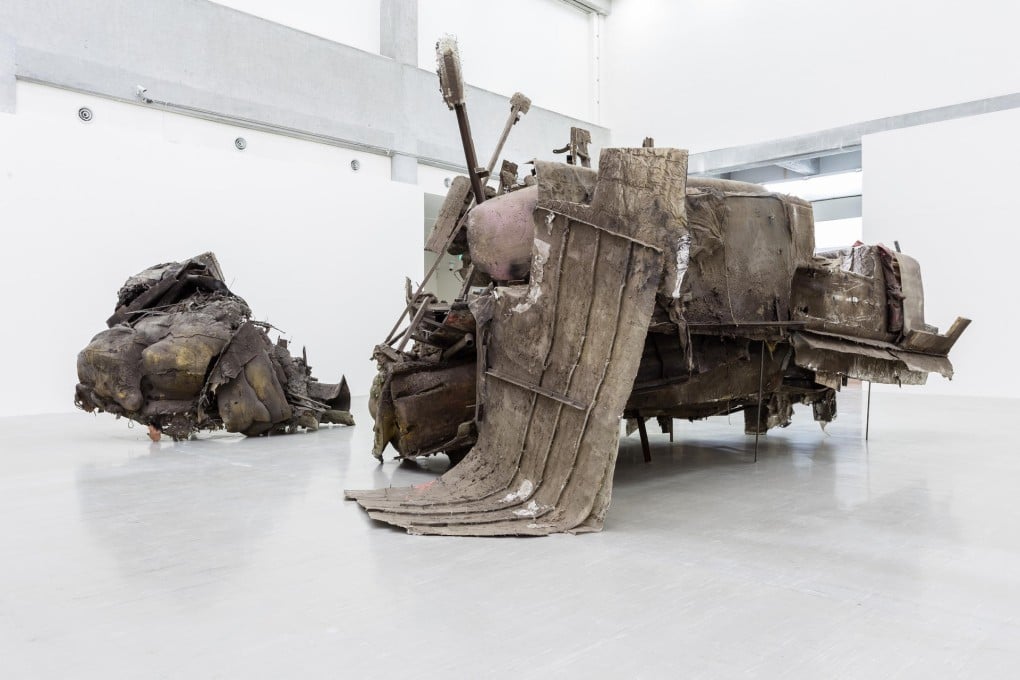Taipei Biennial sounds a warning about our treatment of the world
The 2014 Taipei Biennial wants us to change the way we deal with the earth before our impact becomes irreversible, writes David Frazier

In choosing Nicolas Bourriaud as curator of the 2014 Taipei Biennial, which opened last weekend at the Taipei Fine Arts Museum, the art establishment of Taiwan selected an immaculately credentialed European critic and ardent educator to head its most prestigious event.
Bourriaud, the director of France's top arts university Ecole des Beaux-Arts in Paris, has served as a curator at London's Tate Modern, and has in recent years helmed biennials at the Tate, in Moscow and in Athens.
Relational aesthetics [is] one of the most influential theories for describing the difficult, hybrid art forms that have appeared in the art world since the 1990s
Although famed for top-flight exhibitions, he is even more widely respected in academic circles for his idea of "relational aesthetics", which over the past 15 years has become one of the most influential theories for describing the difficult, hybrid art forms that have appeared in the art world since the 1990s.
These include performance art, installation art, interactive art, and other diverse and experimental forms of contemporary art.
Bourriaud wrote in his 1998 book that art was no longer only about paintings, sculptures and traditional types of "objects". Instead, "meetings, encounters, events, various types of collaboration between people, games, festivals and places of conviviality" were declared to be "fully fledged artistic 'forms'".

